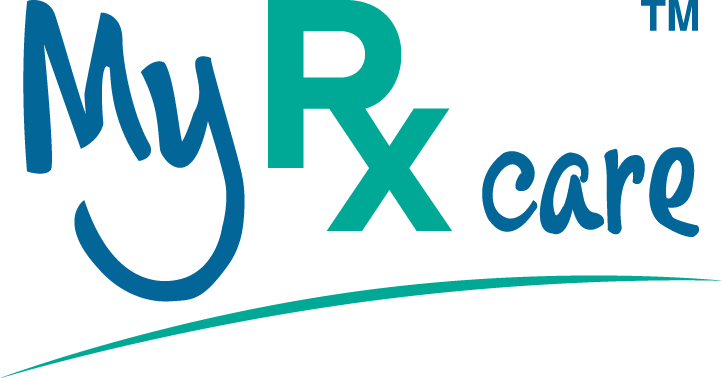Patient education: the importance of adherence to a prescribed medication
Adherence to a prescribed medication regimen is a critical component of a patient's overall health and wellness. Medications are designed to treat specific health conditions, alleviate symptoms, and prevent or manage complications. When taken as prescribed, they can be an effective tool for improving a patient's quality of life. However, when patients don't follow their medication regimen correctly, the effectiveness of the treatment is diminished, and their health can be compromised. In this article, we'll explore the importance of adherence for patients taking medications.
- Improving Health Outcomes:
- Adherence to a medication regimen is essential for improving health outcomes. When patients take their medications as prescribed, they are more likely to experience the benefits of the treatment, such as reduced symptoms, improved quality of life, and reduced risk of complications. On the other hand, when patients don't follow their medication regimen, they are more likely to experience negative health outcomes, such as a worsening of their condition, the development of drug resistance, and the need for more expensive and invasive treatments.
- Preventing Adverse Reactions:
- Adherence to a medication regimen is also important for preventing adverse reactions. When patients take their medications as prescribed, they are less likely to experience negative side effects, such as nausea, headache, or dizziness. On the other hand, when patients don't follow their medication regimen, they are more likely to experience adverse reactions, which can be serious and even life-threatening in some cases.
- Cost Savings:
- Adherence to a medication regimen can also help patients save money. When patients take their medications as prescribed, they are less likely to require additional medical treatment or hospitalization, which can be expensive. On the other hand, when patients don't follow their medication regimen, they are more likely to require additional medical intervention, which can result in significant healthcare costs.
- Improved Quality of Life:
- Finally, adherence to a medication regimen can improve a patient's quality of life. When patients take their medications as prescribed, they are more likely to experience the benefits of the treatment, such as reduced symptoms and improved physical and emotional well-being. On the other hand, when patients don't follow their medication regimen, they are more likely to experience negative health outcomes, which can impact their quality of life.
Adherence to a medication regimen is critical for patients' health and well-being. By following their medication regimen correctly, patients can improve their health outcomes, prevent adverse reactions, save money, and improve their quality of life. It's important for healthcare providers to work closely with their patients to help them understand the importance of adherence and provide the support and resources they need to stay on track with their medication regimen. Additionally, patients themselves can play an active role in their health by asking questions, communicating with their healthcare provider, and following their medication regimen as prescribed.

